Ghana's solar energy policy embodies a comprehensive and ambitious plan aimed at enhancing the country's energy security and fostering sustainable development through increased utilization of solar and other renewable energy sources. However, to achieve these objectives, there's a pressing need for strengthened policy enforcement, technological advancements, and adequate financial backing. Only then can the solar policy translate into tangible actions, illuminating Ghana's future.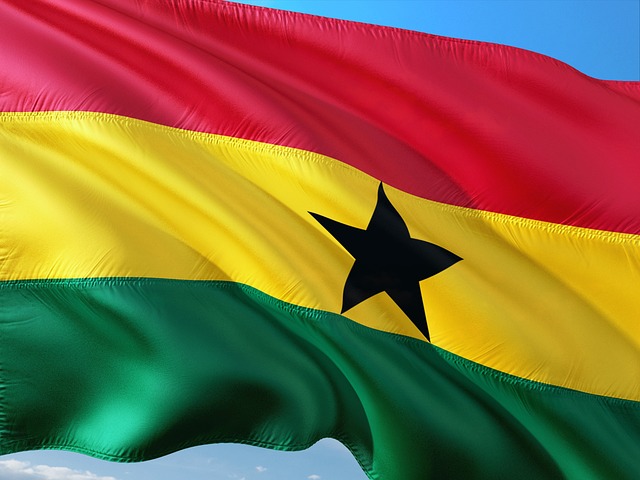
Policy Background and Goals
The Ghanaian government has articulated its commitment to renewable energy development through the enactment of the Renewable Energy Act (2011) and the National Renewable Energy Action Plan (NREAP). The Act establishes a legal framework for the development, management, and utilization of renewable energy, outlining policy directions. The NREAP further ensures that renewable energy contributes 10% to the total energy mix by 2030.
Key goals of Ghana's solar policy include:
- Increasing Solar Installations: A target of 150-250 megawatts (MW) of installed solar capacity by 2030.
- Enhancing Electricity Access: Despite an 82.5% electrification rate by the end of 2018, some communities remain unserved. The government aims to address this through solar and other renewable technologies.
- Supporting Rural and Remote Areas: Deploying solar photovoltaic systems in rural areas to electrify households and communities lacking grid connectivity.
Implementation Measures and Support
To achieve these goals, Ghana has implemented specific measures and support policies:
- Fiscal Incentives and Tax Breaks: Exemption from Value-Added Tax (VAT) and import duties on solar panels imported into Ghana, reducing equipment costs.
- Project Funding and Loan Support: Initiatives like the Scaling-Up Renewable Energy Program (SREP) provide financial backing for solar projects.
- Technical and Management Assistance: International organizations such as the African Development Bank (AfDB) and the United States Agency for International Development (USAID) offer technical support and funding to facilitate the implementation of solar and other renewable energy projects.
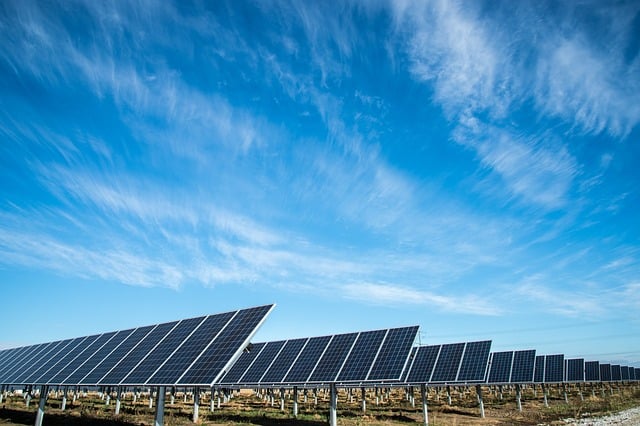
Challenges
Despite these policies and measures, Ghana faces several challenges in realizing its solar policy goals:
- Technological and Infrastructure Constraints: Lack of technical expertise and infrastructure sometimes hinders solar project progress.
- Inadequate Funding: Despite international aid, domestic funding shortages remain a significant issue, affecting project sustainability and scalability.
- Policy Implementation Shortcomings: Experts note that despite laws and policies, there are execution gaps and loopholes in their practical application.



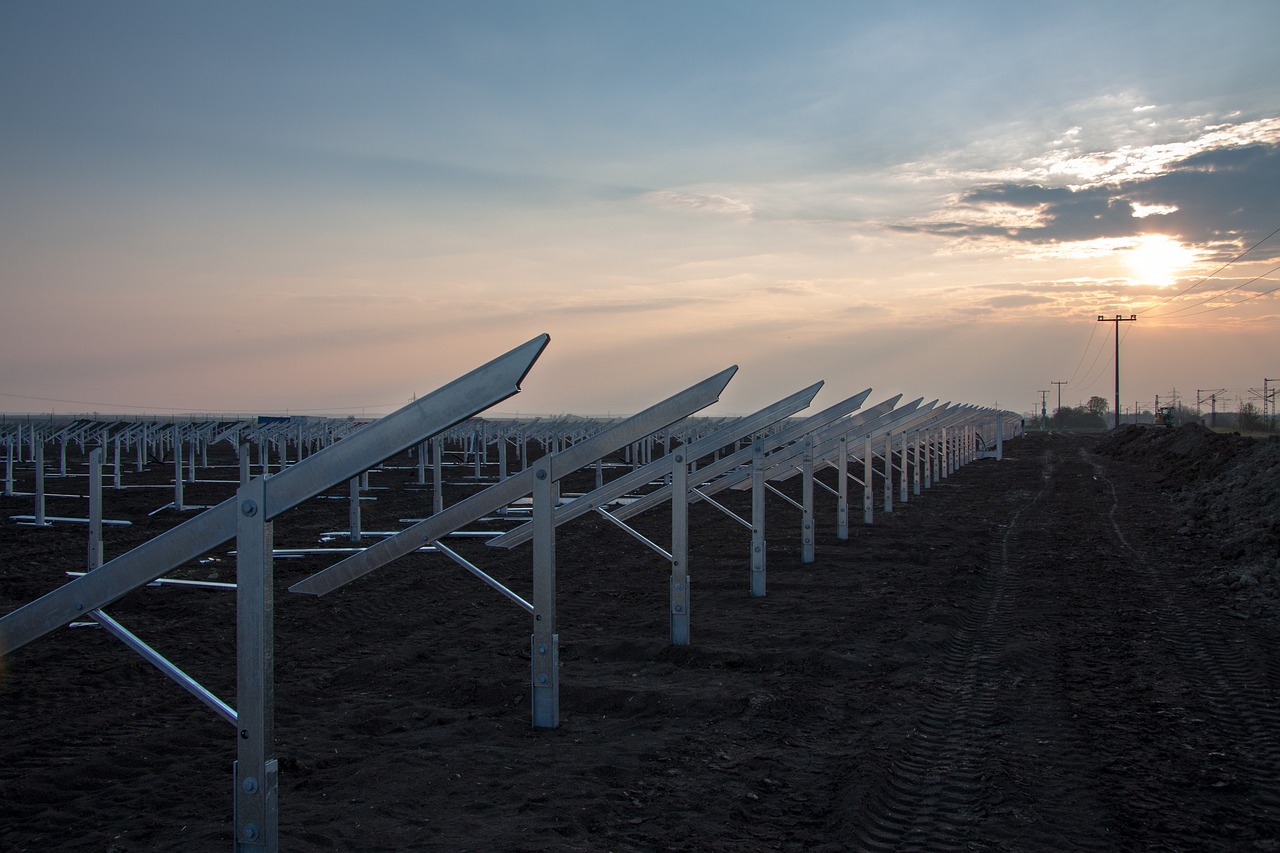
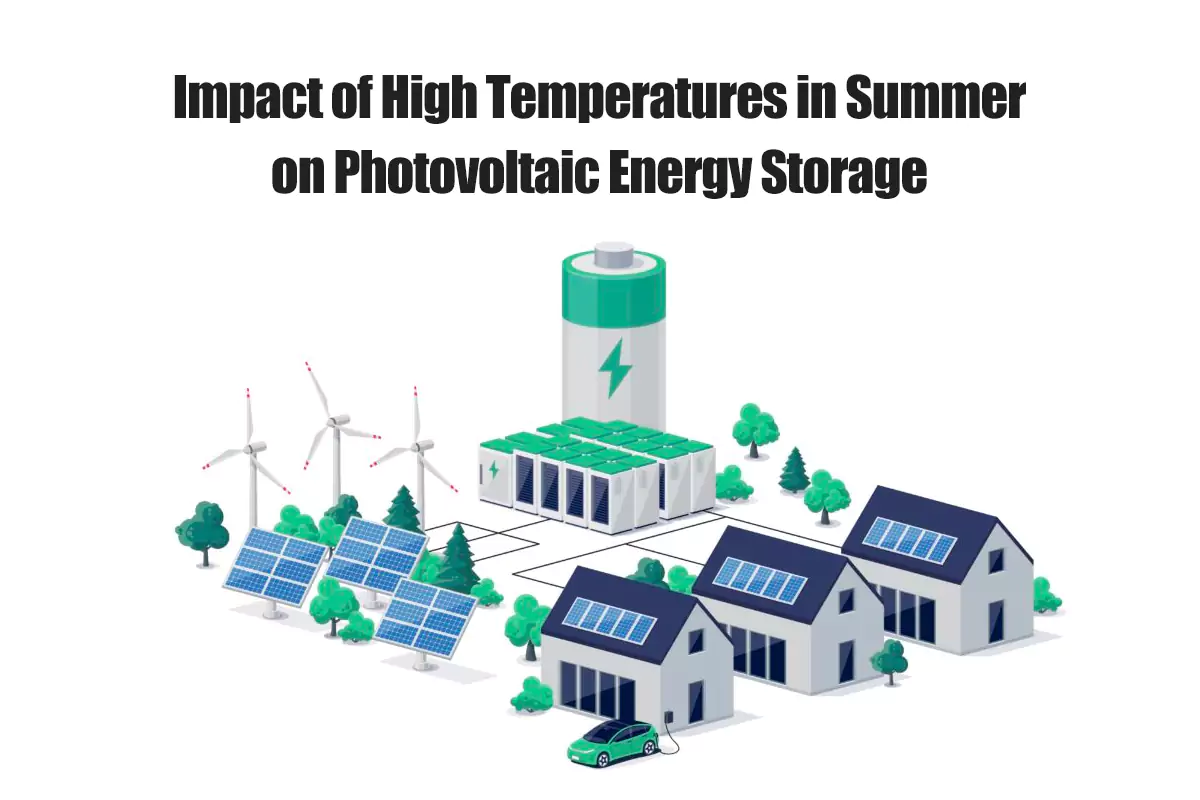
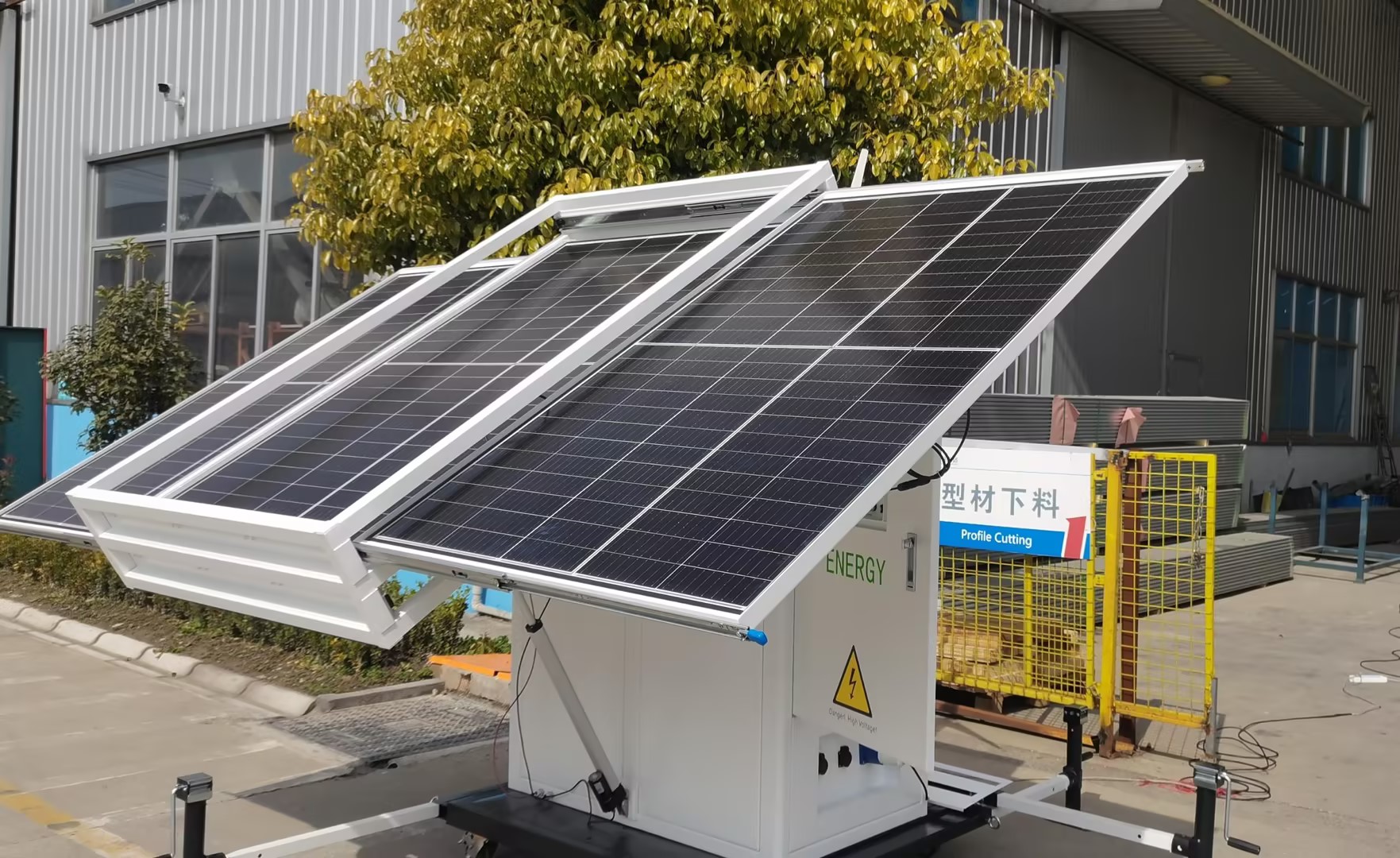
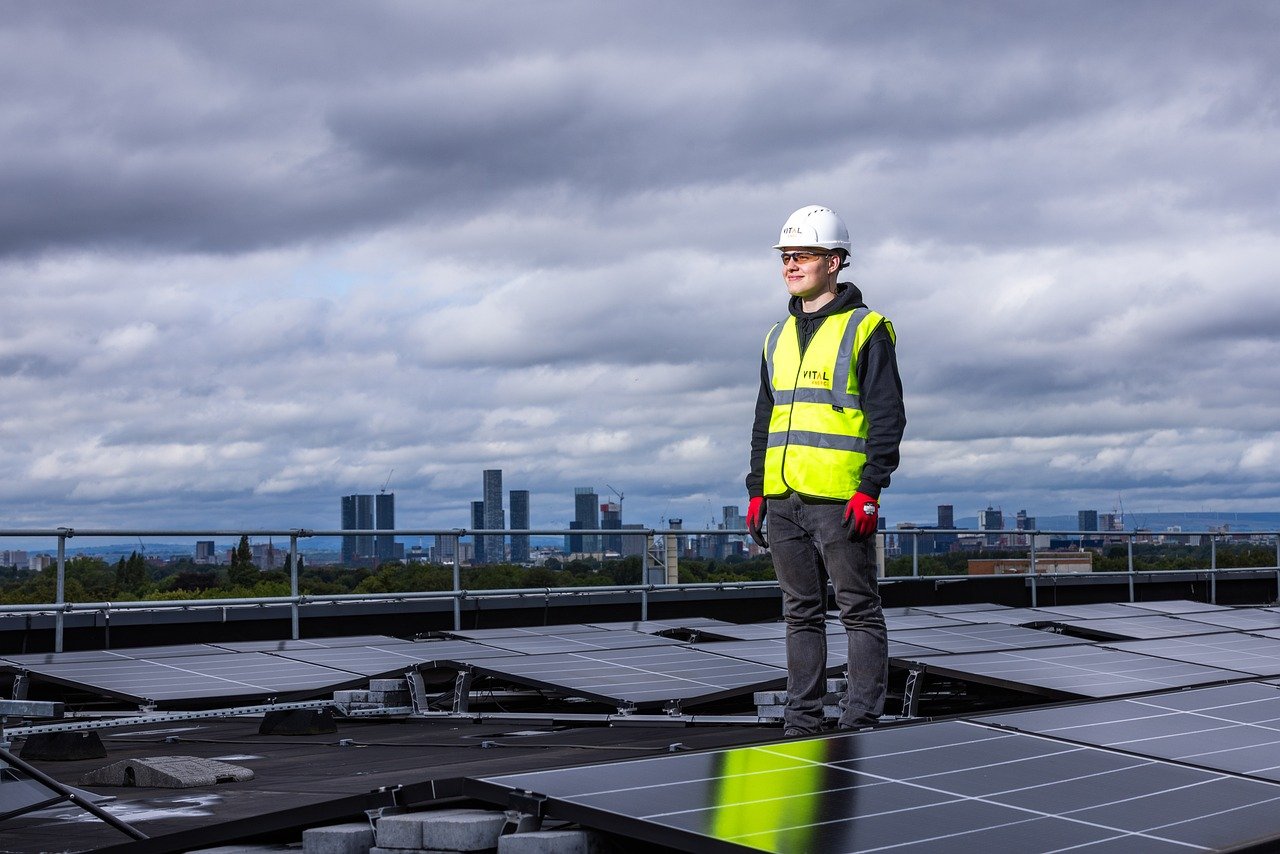
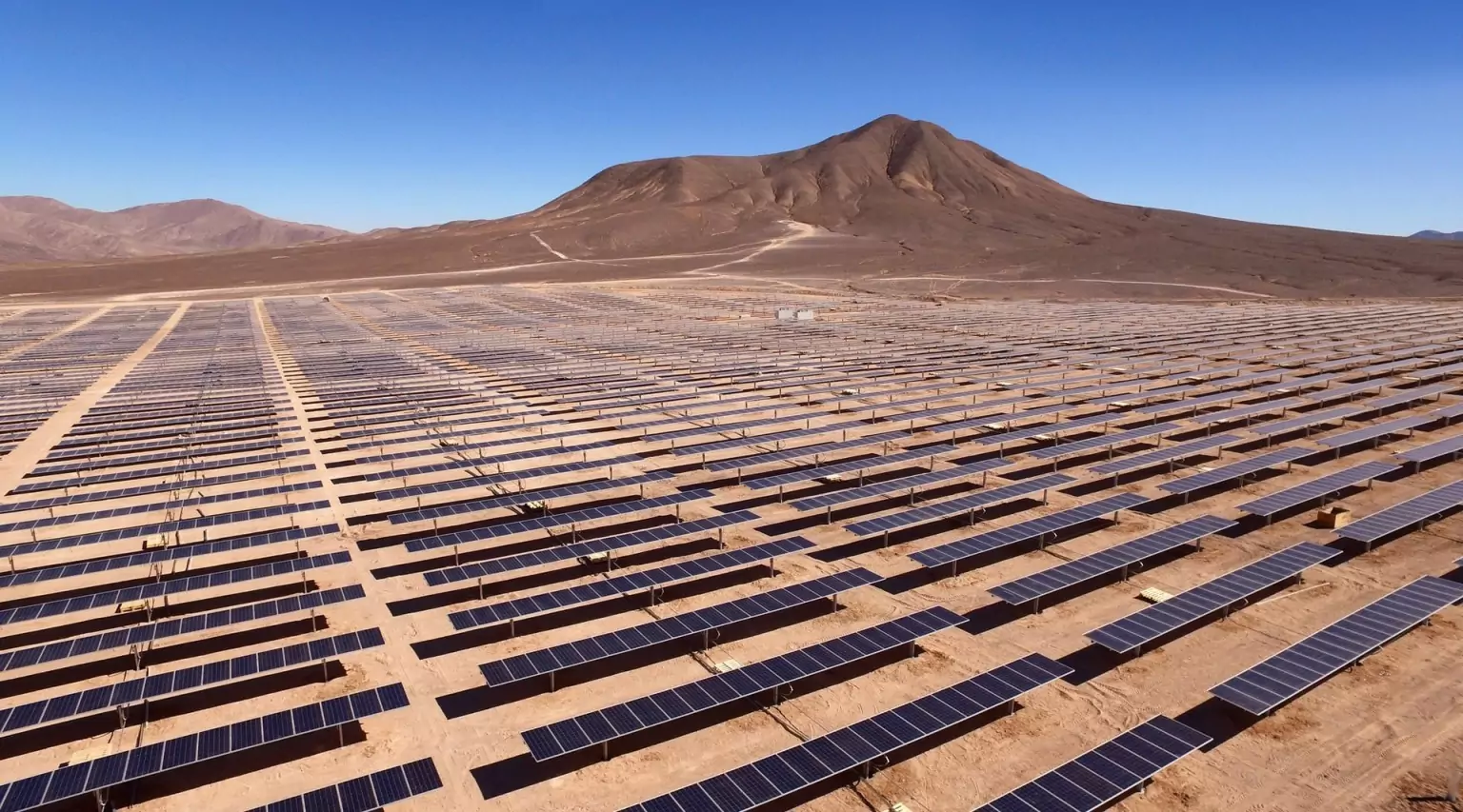

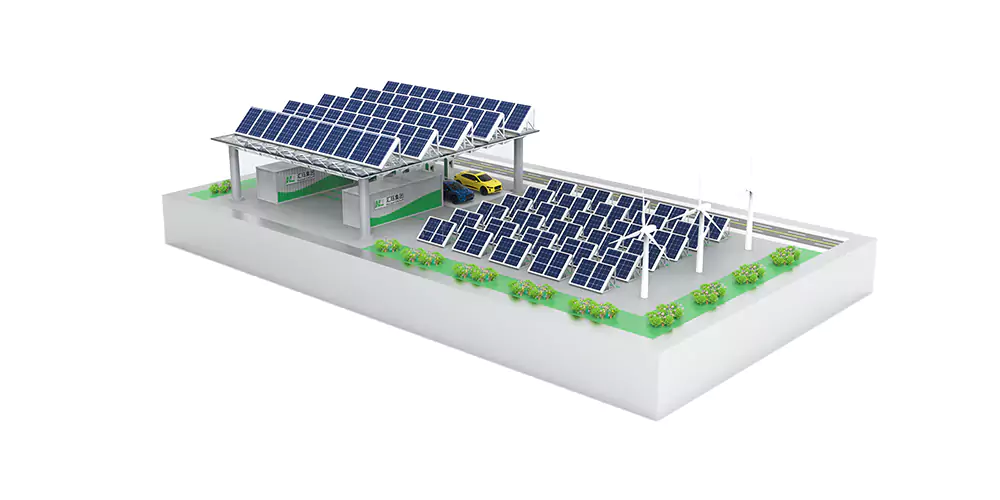

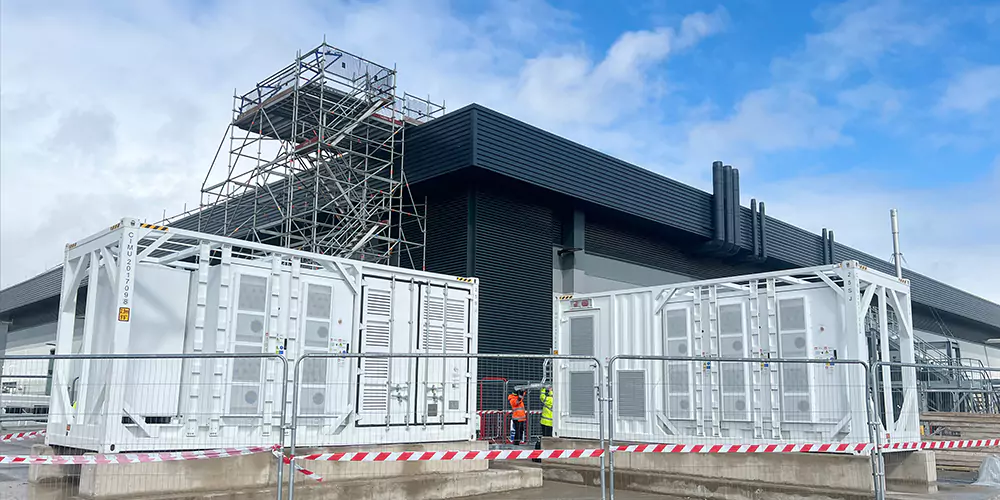
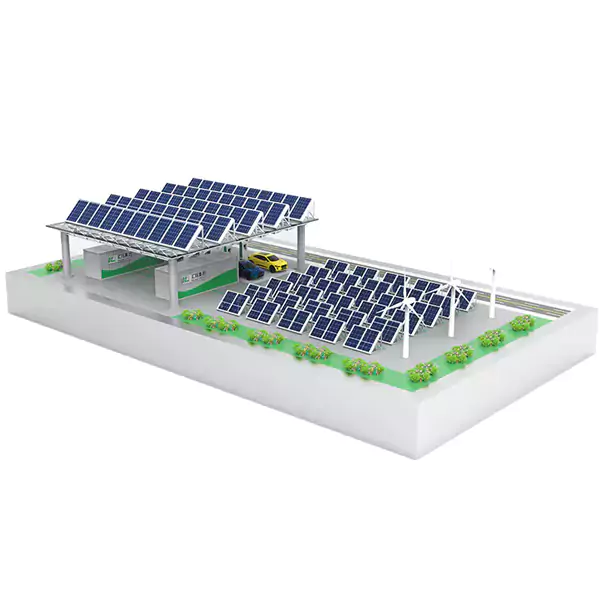
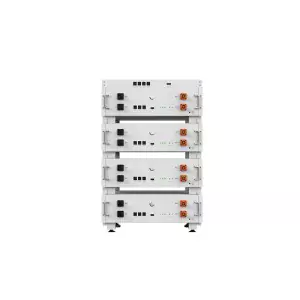

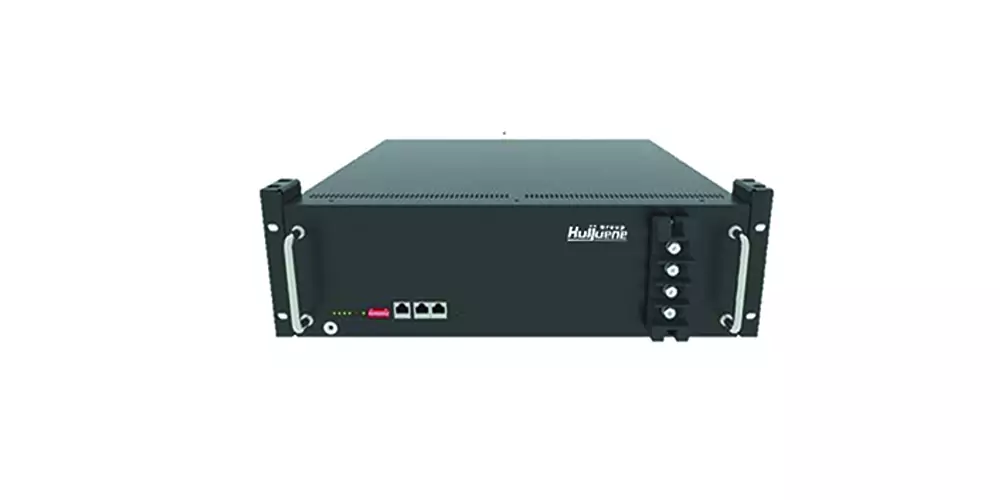
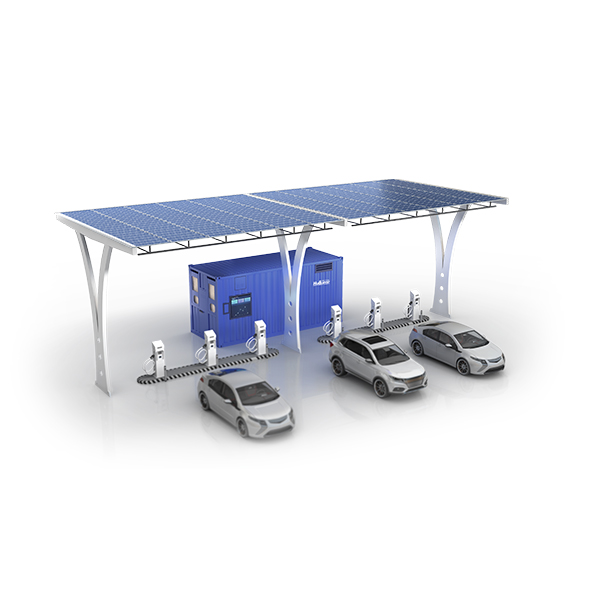
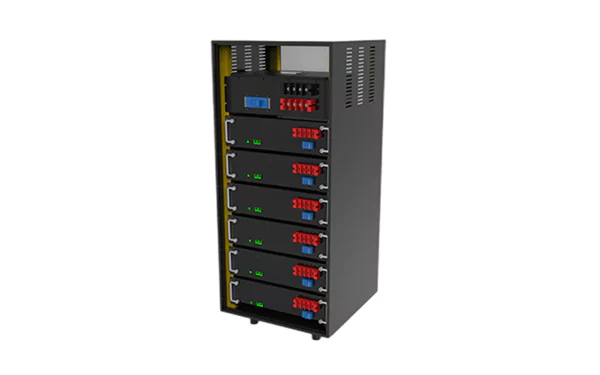
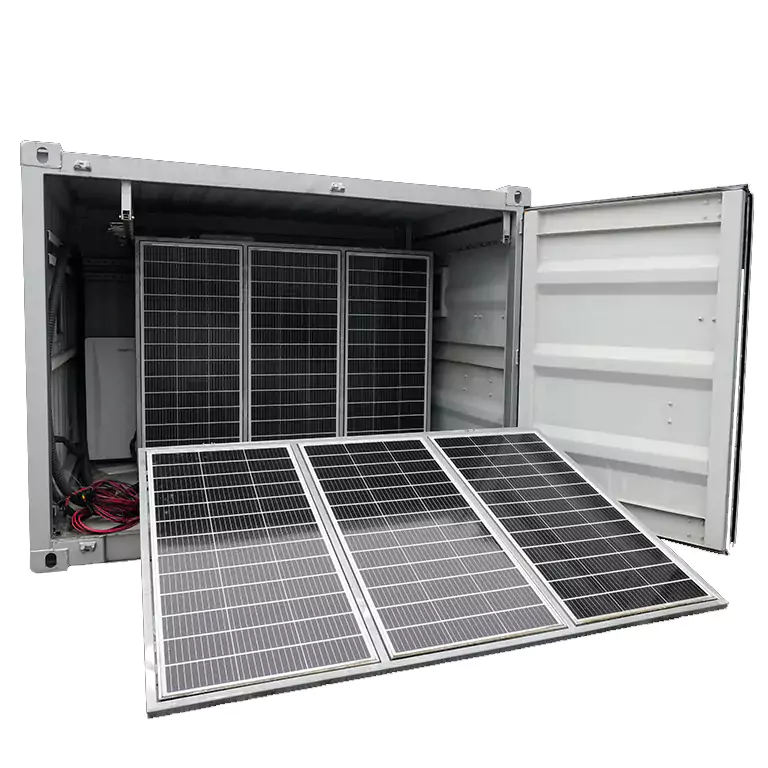

 Inquiry
Inquiry Online Chat
Online Chat